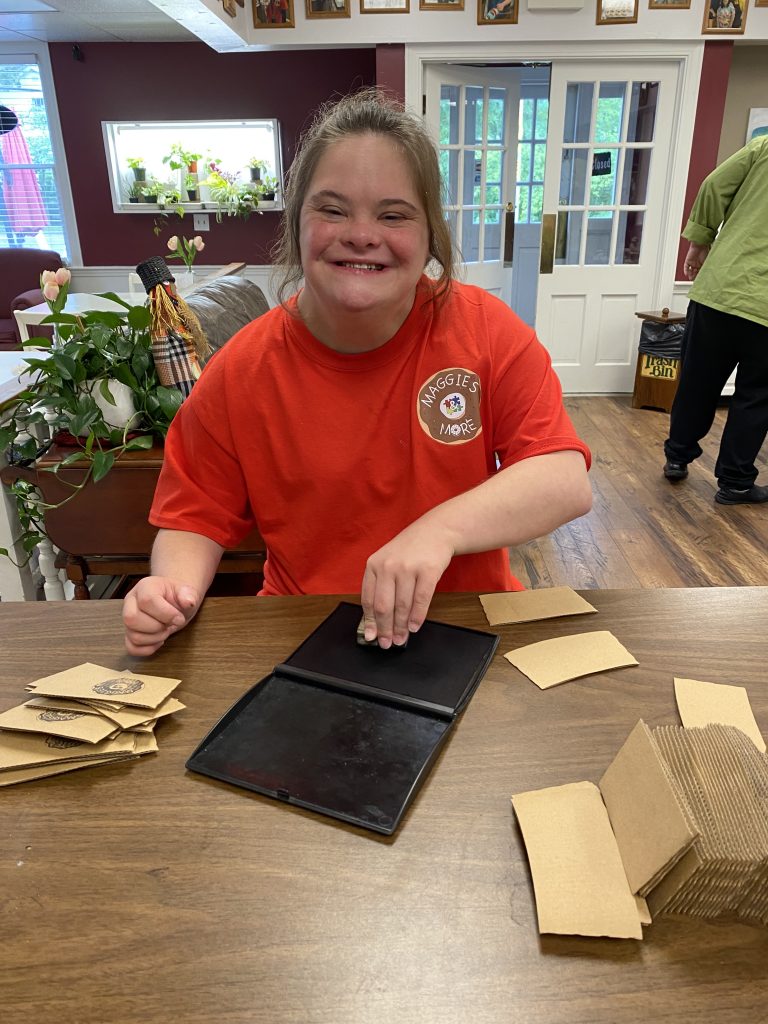Anyone who has spent time with people who have developmental disabilities knows that their motivation to contribute to their communities is exceptionally strong. Employers are often surprised to find that the worker with a disability they hired because “it was the right thing to do” – often becomes a valuable asset. Workers with disabilities have real skills. They show up on time. They’re loyal. They bring diversity into the organization. They’ve got great attitudes. Most of these workers want to work and be appreciated – qualities every employer wants in their workforce.

Volunteers Can Become Good Employees
Yet, not everyone with a disability is always ready to jump into employment. A string of disappointments or being told “you’re not the right fit,” can deflate the morale of anyone, let alone someone who’s faced countless obstacles. Accepting a volunteer with a disability not only can help restore someone’s confidence, but it can also help an organization see the value in a person who isn’t typical. Plus, it’s 2021. “Help wanted” signs are everywhere. Finding the right workers is a huge challenge for many employers. Your volunteers may eventually turn into valued employees.
Benefits of accepting volunteer with a disability from the employer’s perspective:
- Remove the lower-skill, repetitive tasks from your current workforce’s duties. Do your current workers enjoy sorting, shredding, hole punching, assembly, folding, and other similar tasks? Probably not. Yet, many people with autism, Down’s, high anxiety and other disorders find these tasks calming and they do them well.
- Improve staff morale. Many people with a disability have been excluded from society to such an extent that being involved in a group where they can make meaningful contributions is welcome. The majority want to help. They take their jobs seriously and bring a great attitude. They smile. They’re proud to share with their friends and family that they have a job. Their enthusiasm often rubs off on their co-workers.
- Job coaches are available. Worried about taking time away from your staff to train volunteers and keep them on task? Many people with a disability have access to job coaches or service providers who will work with them side-by-side for a period of time or indefinitely. Contact your county Developmental Disability Board or an agency that places volunteers and employees.
- Tax benefits. The IRS offers several tax benefits to organizations that open their doors to people with disabilities including: Disabled Access Credit, Barrier Removal Tax Deduction, Work Opportunity Tax Credit, and others.
- Increase diversity and inclusion in the workplace. You’ll be doing the right thing and promoting acceptance and tolerance.
- Real work will be getting done. These people bring real skills and desire to get a job done to the workplace. It’s a win-win. Workers with disabilities have real skills.
Related: Five Reasons to Volunteer as an Adult with Special Needs
